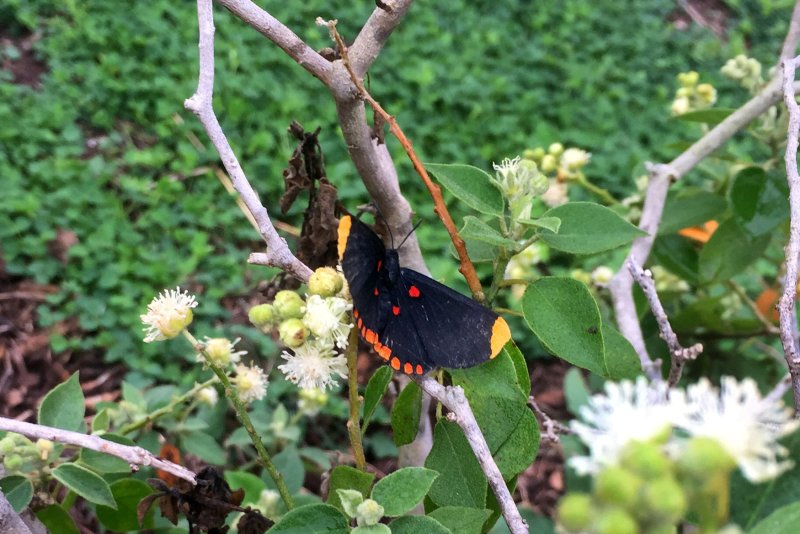 Human population density and land use is causing changes in animal genetic diversity, according to researchers at McGill University.
Human population density and land use is causing changes in animal genetic diversity, according to researchers at McGill University.The findings reported in the journal Ecology Letters, show that environmental changes caused by humans are leading to changes in genetic variation in thousands of species of birds, fish, insects, and mammals. The evidence for human impacts was most clear for insects and fish species.
Because species depend on genetic variation to adapt and evolve in response to environmental change, many species we rely on may disappear as their susceptibility to habitat loss, pollution and climate change grows. While we can observe the effect of humans on the planet's biodiversity through the lens of animal extinctions, it was unclear until now just how much humans were eroding the underlying ability of biodiversity to sustain itself.
A team of biologists at McGill drew upon the largest genetic data repositories available, accumulating over 175,000 sequences from more than 27,000 populations of 17,082 animal species. Using the year each genetic sequence was collected and its spatial coordinates, the authors were able to assess whether the effect of humans has resulted in temporal trends (increase, decrease, no effect) between 1980 and 2016. A previous investigation of this relationship had not focused on tracking diversity over time, nor the way it changes in space.
"We were sure to include these factors in our study because they have important effects on patterns of genetic diversity and impact the conclusions we make," says lead author Katie Millette, a PhD candidate in the Biology Department at McGill. "This is currently our best estimate of how humans are impacting animal genetic diversity worldwide. We found that there is an effect of humans on animal genetic diversity, but it is a matter of species and spatial scale because we found nearly equal instances of increasing versus decreasing trends."
Co-author and McGill professor in Biology Andy Gonzalez explains: "The loss of genetic diversity will hinder the ability of plant and animal populations to adapt to changing environments. We need to monitor the genetic diversity of wildlife so that we can understand better where, when and why it is declining in some places and increasing in others." Without this knowledge, we will have little warning of the losses of many species, or the invasive spread of others.
The findings are likely to increase efforts by researchers to fill data gaps on species for which we have no genetic diversity data, and motivate researchers to expand global monitoring efforts so that we can understand the causes of worldwide temporal changes in species genetic diversity.









No comments:
Post a Comment